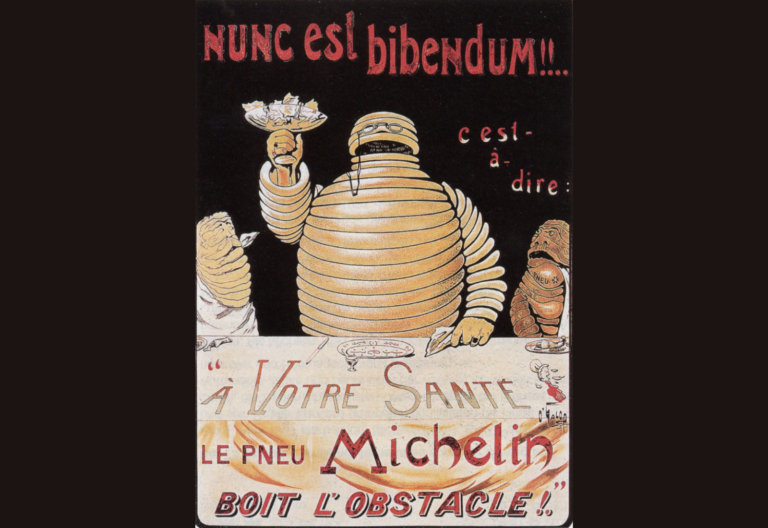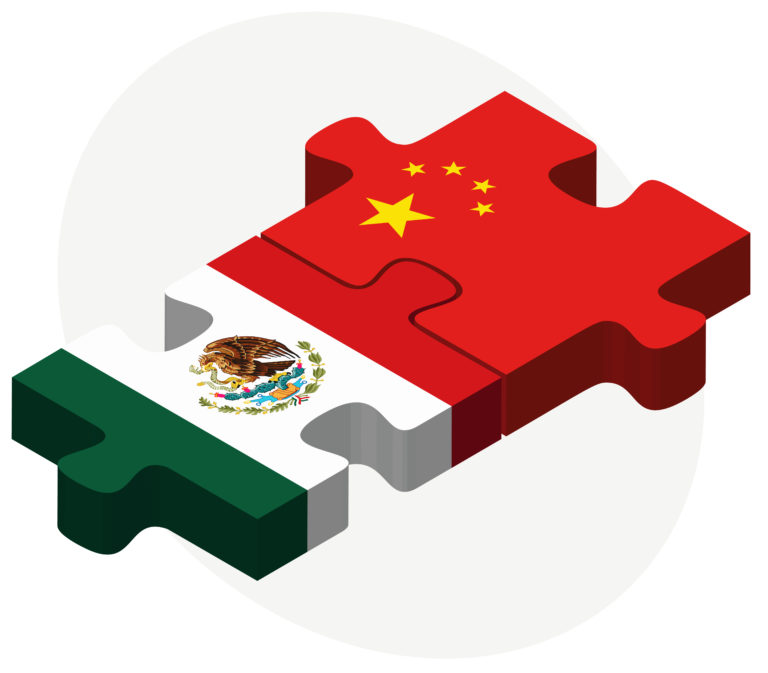
A Checklist for Avoiding China Employment Problems
A checklist for getting into compliance with China's employment laws

China Contracts That Work: Get the Company Chop Right
Avoid China contract problems with the proper company chop or seal.

China Trademarks: Counterfeit Goods and Parallel Imports
Our international IP lawyers do a lot of work for clients seeking to remove listings of counterfeit goods from Chinese e-commerce sites. Most of these listings are for obviously, sometimes extravagantly counterfeit merchandise, offered in vast quantities at far-below retail prices, with pictures either lifted from the real manufacturer’s website or showing products of dubious quality,

SaaS in China: Build a Compliant Go-to-Market Plan by Looking Beyond the Regulations*
China's regulations for foreign company SaaS (Software as a Service) Companies is complicated and harsh. This article explains what foreign SaaS companies must do to succeed in China.

“Mexico is the New China” and Manufacturers are Moving There
The above is a direct quote from a client for whom my law firm is now in the process of helping his company move its production from China to Mexico. He said this about China and Mexico, right after setting saying that he “is done with China” because his company is unable to sell a

Forced Labor in China: Companies Need to Start Paying Attention
On July 14, the U.S. Senate passed the Uyghur Forced Labor Prevention Act. In an era of hyperpartisanship, the Act is a rare instance of truly bipartisan legislation. Cosponsors included figures from across the political spectrum, from Josh Hawley to Elizabeth Warren. This in itself is something businesses should take note of, as it is

The Biden Administration’s International Trade Policies — Mostly Still Waiting
Six months into the Biden Administration and international trade has largely been out of the headlines. President Biden’s trade policies so far have been defined more by what he has not done (lift any of the tariffs imposed by President Trump) than what he has done. Although the handful of Biden’s trade policies stylistically reflect

How to Handle China’s Rising Risks
Way back in 2012, I wrote an article for the Wall Street Journal, entitled, China’s Slowdown and American Business: Hardly a week goes by without complaints about payment problems or bankrupt debtors. I wrote a similar article for Forbes Magazine in 2014, entitled, How Businesses Should Deal With China’s Economic Slowdown. I summed up that

What China’s Three-Child Policy Means for Foreign Companies
Couples in China will be allowed to have up to three children, continuing the country’s path away from its long-standing one-child policy. The relaxation is part of China’s efforts to reverse its decline in births, and will be accompanied by other support measures. Responses to the announcement have been an almost universal chorus of “it










